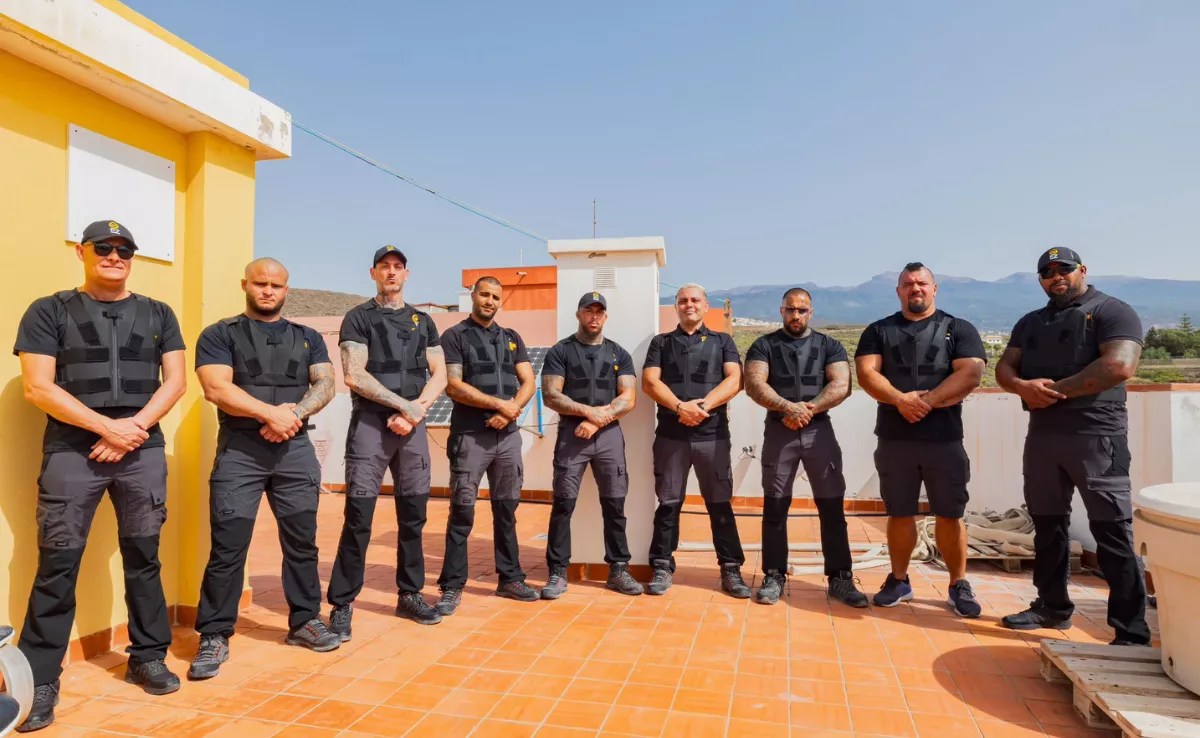
LA LAGUNA (TENERIFE), Feb. 16 (EUROPA PRESS) –
On Friday, the President of the Government of the Canary Islands, Fernando Clavijo, expressed strong disapproval of the fact that two unaccompanied migrant minors had been held in custody in Gran Canaria since December – one of them has now been released. He attributed this to the “saturation” experienced by the islands, which sometimes leads to “mistakes.”
Speaking to journalists, he explained that the two minors had arrived at the helm of a canoe and had not declared their status as minors. There is now a “long queue” at the Institute of Legal Medicine and the Prosecutor’s Office for bone tests to be conducted.
The president also reiterated that in the Las Raíces camp (Tenerife), another 140 minors are housed in a “separate tent” due to the lack of space in the 70 centers across the archipelago. He noted that the minors continue to arrive and not leave, not even the 347 that were agreed upon in October.
The same applies to the legislative amendment to make the referral of minors mandatory among all autonomous communities, as the Government “has not responded” to the four proposals made by the regional Executive.
He emphasized that the case in Gran Canaria demonstrates that the rights of children “cannot be guaranteed,” as there are also many situations where, due to delays in age determination tests, they may be living with adults who are minors.
In that regard, he stressed the need for an “immediate solution” and expects the Government to show the “same commitment, speed, and diligence” it had shown in expediting the amnesty law.
Clavijo made it clear that immigration is a long-term structural phenomenon as poverty, famine, and political instability in Africa persist. He expressed skepticism about a decrease in boat arrivals, pointing out that the African coast “is very wide,” and that Frontex needs to be deployed in Mauritania, Morocco, and Senegal.
Nonetheless, he considers it “good news” that the EU is beginning to pay attention to the ‘Atlantic route’, which was not previously on the agenda. He hopes that the investments announced in Mauritania, for example, will contribute to economic development so that people “do not need to leave.”
















